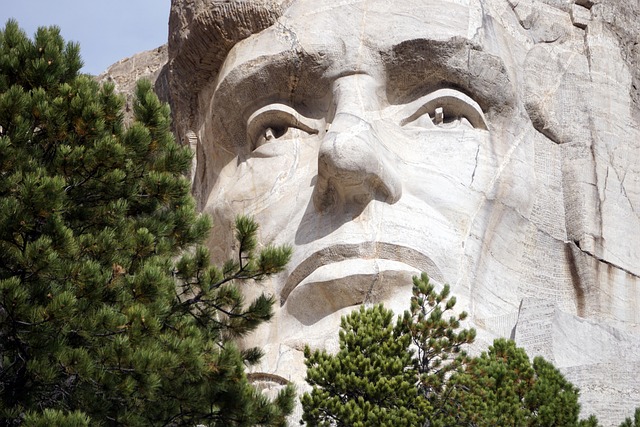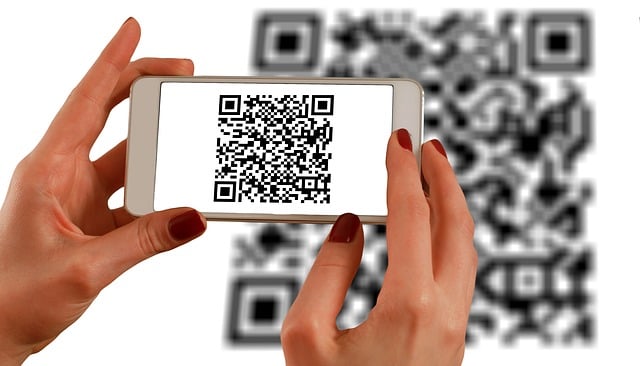Community organizations in South Dakota are leveraging advanced technologies like autodialers to transform communication strategies. An autodialer lawyer specializes in guiding these groups through legal considerations when using automated phone dialing systems for mass messaging, ensuring compliance with federal and state regulations. Properly implemented, autodialers can revolutionize fundraising, event promotions, and membership drives by facilitating personalized interactions at scale. Engaging the services of an experienced autodialer lawyer is crucial to navigate this complex landscape, avoid legal repercussions, and maximize the benefits while mitigating risks associated with automated calls. Choosing a specialized law firm ensures organizations comply with regulations and protect their interests throughout the process.
“In the digital age, community organizations in South Dakota are exploring innovative ways to connect with their audiences. One such tool gaining traction is the autodialer, a technology that facilitates mass communication through automated phone calls. This article delves into the world of autodialers, offering insights on their functionality and impact, while navigating the legal landscape specific to South Dakota. We explore real-world use cases, dissecting benefits and challenges, and guide community organizations in choosing the right autodialer lawyer or firm to ensure compliance and maximize outreach potential.”
Understanding Autodialers: The Technology and Its Impact
In today’s digital era, community organizations in South Dakota are increasingly leveraging advanced technologies to enhance their outreach and communication strategies. One such innovation is the autodialer—an automated phone dialing system that enables efficient mass messaging and contact with potential supporters, volunteers, or donors. This technology has significantly impacted how these groups engage with their target audiences, allowing for more personalized interactions at scale.
An autodialer lawyer or attorney in South Dakota can help community organizations navigate the legal aspects of using such technology. With proper implementation, autodialers can revolutionize fundraising campaigns, event promotions, and membership drives by ensuring timely follow-ups, maximizing participant reach, and fostering stronger connections with the local community. However, it’s crucial to understand and adhere to the state’s regulations regarding automated calls to avoid privacy concerns and legal complications, which is where a specialized lawyer for autodialer services in South Dakota can offer valuable guidance.
Legal Landscape: Regulations and Compliance in South Dakota
In South Dakota, the use of autodialers is governed by a comprehensive legal landscape that includes state and federal regulations designed to protect consumers from unwanted phone calls. The Telephone Consumer Protection Act (TCPA) is a significant federal law that restricts the use of autodialers and prerecorded messages for marketing purposes. State laws, such as those enforced by South Dakota’s attorney general, further delineate permissible uses and penalties for non-compliance.
Community organizations leveraging autodialers must navigate these regulations to ensure they are operating within legal boundaries. Engaging the services of an experienced autodialer lawyer in South Dakota or consulting with an autodialer attorney can help organizations understand their rights and obligations, ensuring compliance and avoiding potential legal repercussions from consumers or regulatory bodies. Reputable autodialer law firms in South Dakota offer specialized expertise to guide organizations through this complex environment, fostering a harmonious balance between effective communication strategies and adherence to the law.
Community Organization Use Cases: Enhancing Outreach Efforts
Community organizations in South Dakota are increasingly leveraging the power of technology to enhance their outreach efforts and engage with their target audiences. One such innovative tool that has gained significant traction is the autodialer, a powerful communication platform that allows for automated phone calls on a large scale. By employing autodialer technologies, community groups can efficiently reach out to potential volunteers, donors, or participants, ensuring that their messages are delivered promptly and effectively.
For instance, an environmental advocacy group in South Dakota might use an autodialer to contact residents about local recycling initiatives or upcoming clean-up events. Similarly, a non-profit organization focused on youth education could automate phone calls to parents, inviting them to participate in workshops or volunteering opportunities aimed at supporting their children’s learning. These use cases demonstrate how autodialers can streamline communication processes, allowing community organizations to maximize their impact and foster stronger connections with their communities.
Benefits and Challenges: A Balanced Perspective
The use of autodialers in community organizations across South Dakota presents a double-edged sword—a blend of remarkable benefits and significant challenges. On one hand, these automated calling systems offer unprecedented efficiency, enabling organizations to reach a broader audience, streamline communication, and enhance operational productivity. They are instrumental in everything from fundraising efforts to community alerts, ensuring messages are delivered promptly and accurately. For instance, an autodialer lawyer in South Dakota can efficiently contact a large number of individuals about legal services or community events, potentially increasing access to justice and civic engagement.
However, the same capabilities that make autodialers powerful tools can also raise ethical concerns. Issues like consent, privacy, and consumer protection come into play when organizations use automated calls en masse. Moreover, the effectiveness of these systems relies heavily on data accuracy and adherence to regulations, such as those governing telemarketing practices. Finding the right balance between leveraging the advantages of autodialers while navigating their complexities requires a keen understanding of both technology and legal frameworks, necessitating the expertise of specialized attorneys or law firms in South Dakota that can guide community organizations through this digital landscape.
Choosing the Right Autodialer Law Firm for Your Non-Profit in South Dakota
When selecting an autodialer lawyer in South Dakota for your non-profit organization, it’s crucial to find a law firm that understands the unique needs and challenges faced by community groups. Look for attorneys specializing in telecommunications law who have experience navigating complex regulations surrounding autodialers and telemarketing practices. Ensure they possess a deep understanding of the South Dakota laws and regulations related to automated calls, ensuring compliance from the outset.
The ideal autodialer law firm will offer more than just legal advice; they should become trusted partners in your mission. Consider their track record in representing non-profit organizations and their approach to client communication. Effective attorneys should be responsive, transparent, and dedicated to protecting your organization’s interests while guiding you through the legal complexities of using autodialers for outreach and engagement efforts.






